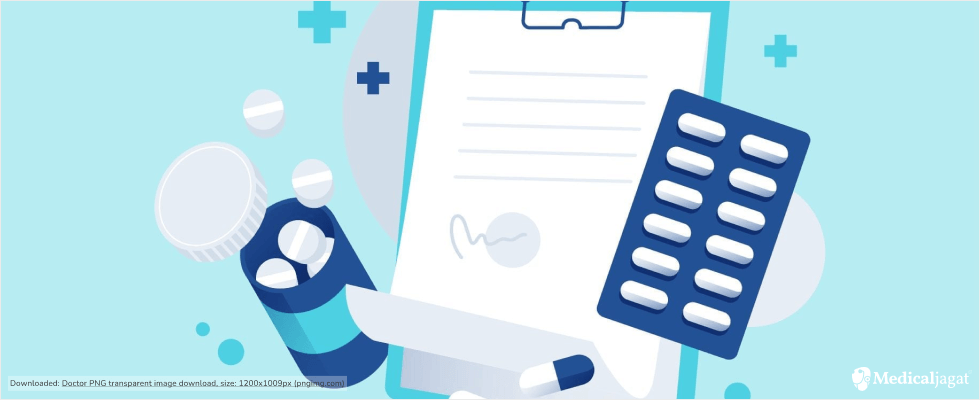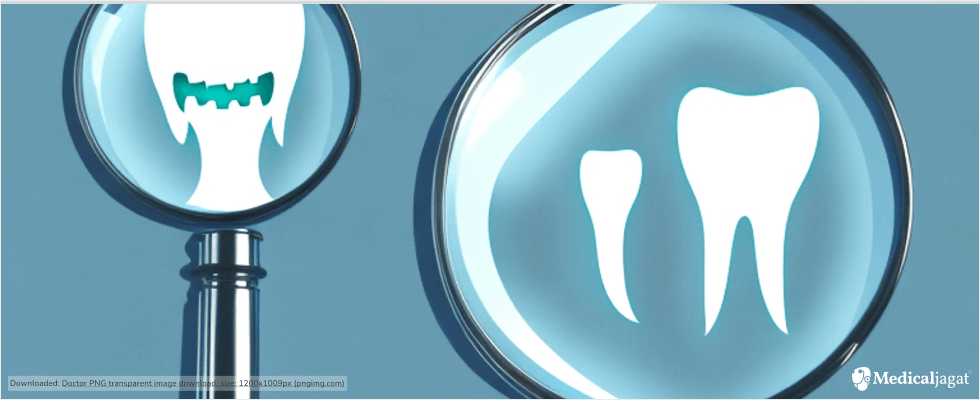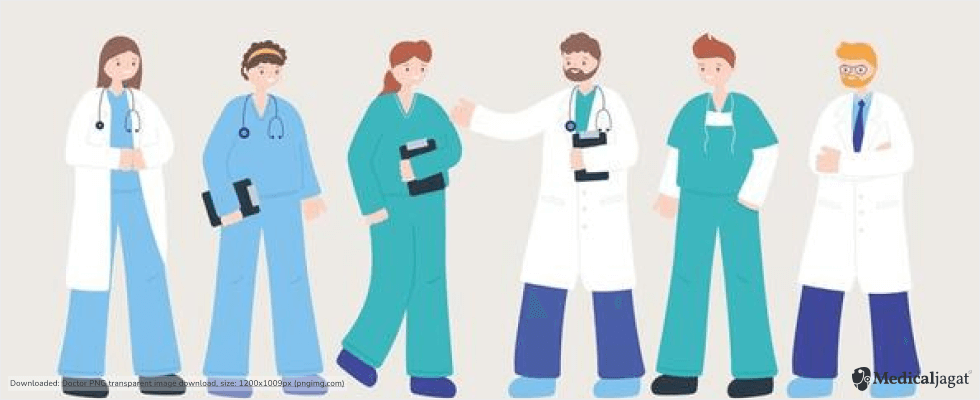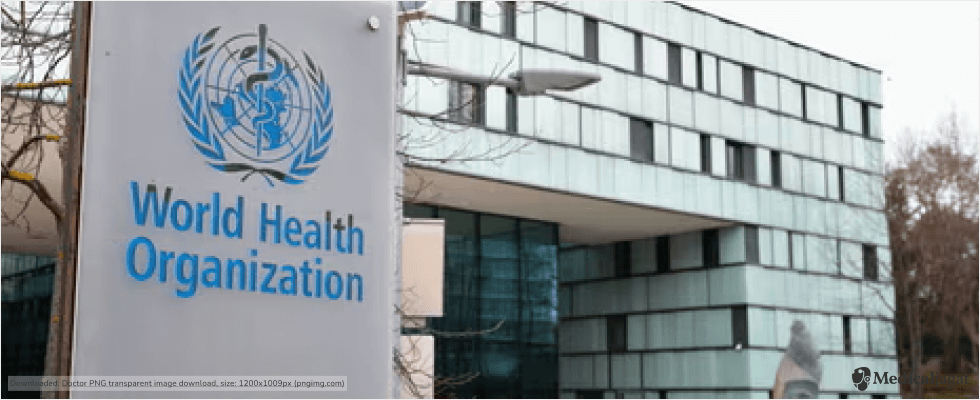
A study published in the international medical journal BMJ Open found that private hospital treatment for some antibiotic-resistant bacterial infections could cost up to 10.6% more than the amount required for drug-susceptible infections.
Mumbai: Antibiotic resistance in India has reached such alarming levels that people are being forced to borrow money to cover both the direct and indirect costs of treatment, according to a study conducted by the Indian Council of Medical Research (ICMR).
The study revealed that treating some antibiotic-resistant bacterial infections in private hospitals could be 10.6% more expensive than treating drug-susceptible infections. Doctors use newer, more expensive drugs when pathogens resist common antibiotics. Additionally, patients often require ICU care, which further increases treatment costs.
46.5% of patients whose hospitalization and indirect treatment costs were evaluated had to borrow money. Another 33.1% experienced "grade 2 financial toxicity" by withdrawing savings. Some families even reduced food consumption to meet the rising financial demands. The report also revealed that 11.4% of families with drug-resistant infections and 9.8% with susceptible infections had to sell or mortgage their assets, indicating "grade 4 financial toxicity."
The study, which used data from eight hospitals, found that managing resistant microorganisms in private hospitals cost $3,382, compared to just $215 in charity trust-run hospitals. The incremental cost for resistant bacteria was 10.7% higher than for susceptible bacteria in private hospitals, with pharmaceuticals being the main contributor.
Dr. Kamini Walia, a senior ICMR scientist and one of the study’s authors, explained that the research aimed to assess the incremental costs of antimicrobial resistance. "Our study found that the cost of treating infections is already significant in India, but the costs rise dramatically when the infection is caused by a drug-resistant pathogen," she said.
Dr. Rahul Pandit, an intensivist at H N Reliance Hospital, Girgaum, emphasized that antibiotic resistance has reached critical levels in India. "Many patients now acquire antibiotic-resistant infections in the community, unlike in the past when they were more commonly contracted in hospitals," he noted. Dr. Pandit attributed the rising resistance to the widespread misuse of antibiotics in both healthcare and the poultry industry. He called for all hospitals to implement stewardship programs to ensure proper antibiotic use. Dr. Walia added that while many hospitals have adopted stewardship programs due to government initiatives, the challenge lies in sustaining these efforts.















